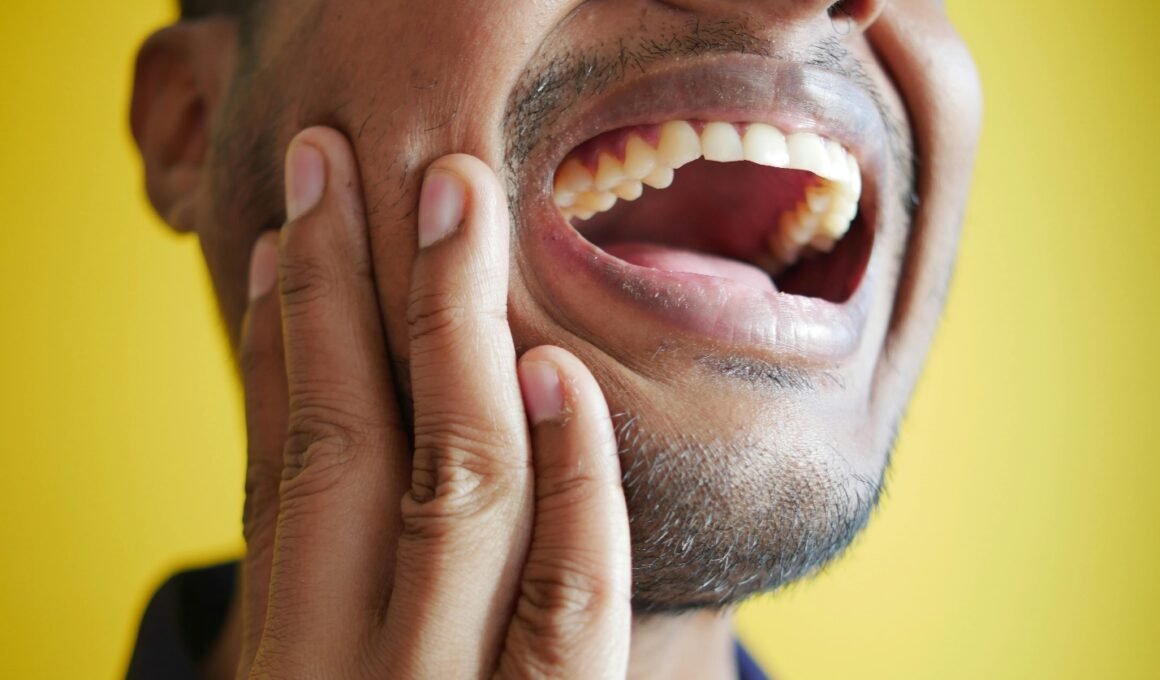You’re chewing something soft, minding your own business, and—snap! A bracket pops off. Or maybe you wake up with a throbbing ache that wasn’t there yesterday. These kinds of surprises never come at a good time.
The truth is, unexpected tooth or appliance issues are more common than you think. While they can feel stressful in the moment, knowing what to do makes all the difference. This guide serves to help you stay calm, act quickly, and get the help you need when something catches you off guard.
Stay Calm and Assess the Situation
The first thing to remember? Don’t panic. Take a breath and evaluate what’s happening. Is something bleeding? Is a wire poking your cheek? Is a bracket loose, or has an aligner gone missing? Understanding the issue is key before taking any action. Use a mirror to check your mouth carefully. If there’s bleeding, apply a clean gauze pad. Swelling? Try a cold compress. Mild soreness may not require urgent care, but pain, pressure, or a broken appliance could indicate it’s time to contact your healthcare provider.
Know Where to Go for Specialized Help
When braces or aligners are involved, not every dental office can provide the necessary assistance. You need experts familiar with appliances and how to fix them quickly. Heading to the wrong place might delay the right care and extend your treatment time. This is why services like Koen emergency orthodontic treatment are so important. With same-day availability, flexible scheduling, and skilled staff, the right experts offer quick solutions for broken brackets, loose wires, and other urgent needs. They focus on fast, reliable help to keep your progress on track without extra stress.
Handle Broken Wires or Brackets with Care
A broken wire or loose bracket is uncomfortable but manageable. Use clean tweezers or a cotton swab to gently move the wire away from soft areas. Orthodontic wax can be a lifesaver—use it to cover any sharp edges and reduce irritation. Avoid using scissors or clippers unless absolutely necessary. Cutting the wire without proper tools can make things worse. Contact your provider as soon as possible so they can safely resolve the issue and restore your comfort.
Deal with Mouth Sores or Irritation
Even without major damage, braces can cause sore spots. If your appliance is rubbing or pressing on your gums or cheeks, rinse with warm salt water a few times a day to ease the discomfort. You can also apply wax to the irritating area or use over-the-counter numbing gel. If the irritation persists in the same spot, it may be time to schedule a quick adjustment to prevent ongoing pain.
Address Lost or Damaged Aligners
Losing or damaging a clear aligner isn’t the end of the world, but you should act fast. If the current tray is missing, wear the previous one to prevent shifting. Never go without wearing something unless advised to do so by your healthcare provider. Call your care team and explain what happened. They might suggest continuing with your next tray, replacing the lost one, or temporarily pausing your schedule. Acting quickly keeps your treatment plan running smoothly and avoids delays.
What to Do If a Tooth Gets Knocked Out
A knocked-out tooth can be scary, especially if it happens during a fall, sports activity, or accident. Time matters. The sooner you act, the better your chances of saving the tooth. First, stay calm and check if there are other injuries. If there’s bleeding, use clean gauze to apply pressure gently. If you can find the tooth, handle it by the crown, not the root. Rinse it with clean water (without soap), and if possible, return it to its original position in the socket. If not, store it in a cup of milk or a tooth preservation kit and head to a dental professional immediately.
Manage Pain and Swelling at Home
Pain and swelling often come with emergencies, especially when braces are involved. If your mouth feels sore or puffy, try applying a cold compress to the outside of your face to help reduce inflammation. It can help reduce swelling and relieve discomfort. Do this for 10-15 minutes at a time. Over-the-counter pain relief, such as ibuprofen, can also help—just be sure to follow the recommended dosage. Avoid putting aspirin directly on your gums, as it can cause burns. If pain continues or worsens, don’t wait—contact your provider right away.
When to Head to the ER Instead of the Orthodontist
Not every mouth-related issue should be handled by your usual provider. If there’s heavy bleeding, visible facial trauma, or difficulty breathing or swallowing, it’s time to visit the emergency room. These are signs of something more serious that needs immediate medical attention. If you’re unsure, it’s better to play it safe and call a doctor or emergency clinic. They can guide you based on your symptoms. Quick decisions can make a significant difference in receiving the right care and preventing further issues.
Prepare a Dental Emergency Kit
You don’t have to wait until something goes wrong to be ready. A small kit can help you stay calm and act fast during unexpected situations. It’s easy to put one together and keep it in your bag, car, or medicine cabinet. Include orthodontic wax, gauze, a small mirror, pain relievers, salt packets, and tweezers. You may also want to consider adding a dental mirror and an emergency contact card with your provider’s phone number. Being prepared can make stressful moments a lot easier to handle.
Tips to Prevent Future Emergencies
The best emergencies are the ones you avoid. Stick to soft foods and avoid sticky, hard, or crunchy items that can damage braces or aligners. Wear a mouthguard when playing sports, and avoid using your teeth to open packages. Keep up with regular checkups and let your provider know if something feels off. Small adjustments now can stop bigger problems later. Staying mindful of your daily habits goes a long way in protecting your oral health and overall well-being, including your smile.
Emergencies can happen when you least expect them, but they don’t have to ruin your day. Knowing how to respond, having the right tools nearby, and trusting an expert can make all the difference. If you need fast, reliable help, visit a specialist orthodontic clinic. Being prepared doesn’t just save time—it gives you peace of mind when it matters most.



